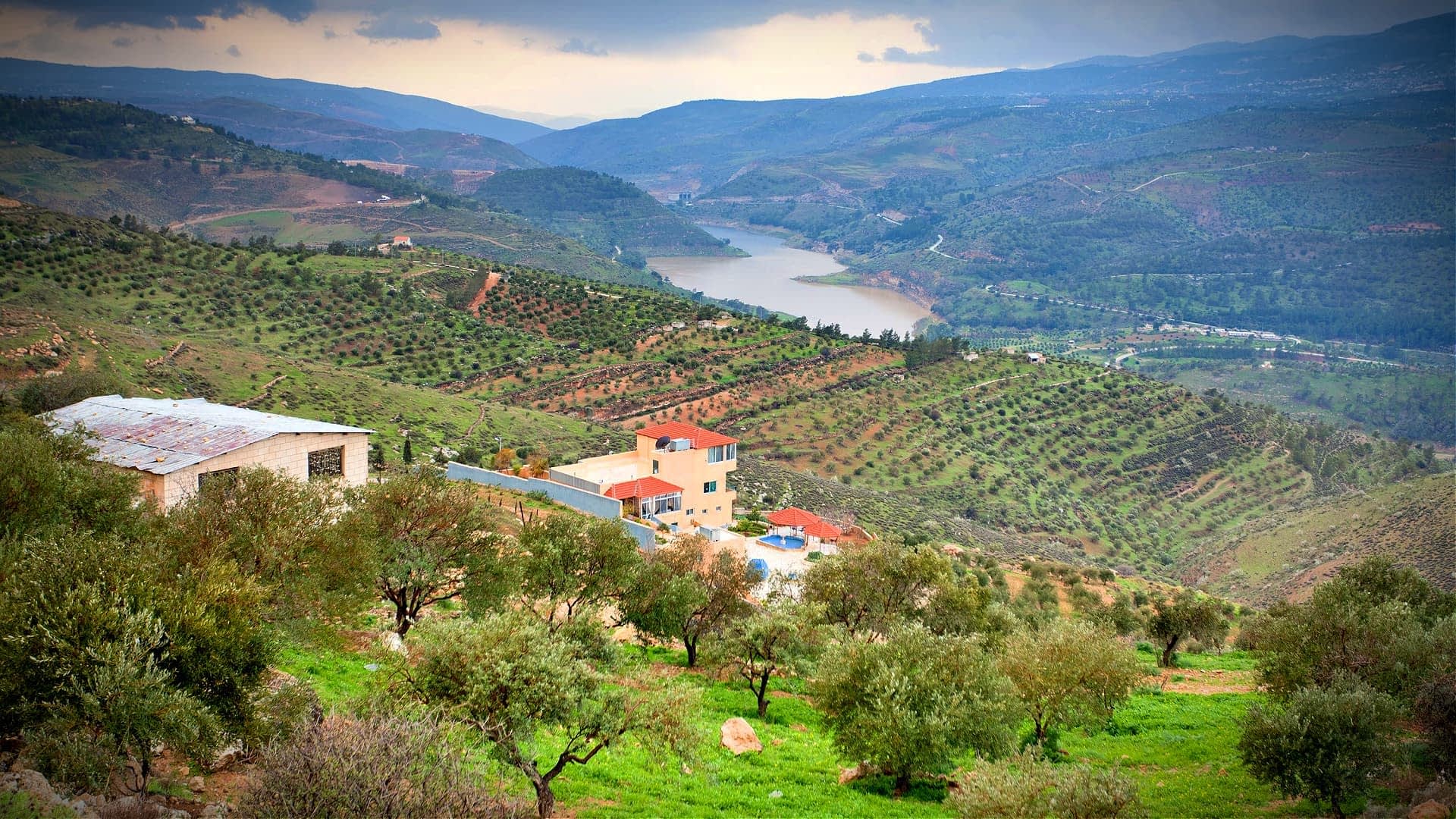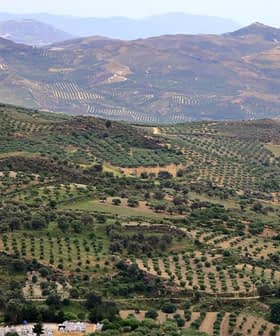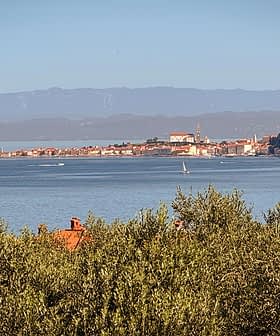A Bumper Harvest Predicted in Jordan

Olive growers in Jordan are projected to increase olive oil production by 20 to 25 percent in the 2022/23 crop year, reaching an overall yield of 30,000 tons, which would cover internal consumption and some exports. Despite facing challenges like high temperatures, rain, and insect infestations, the harvest is expected to yield lower oil percentages, leading to potential price increases for consumers in the country.
Olive growers in Jordan are on track to increase olive oil production by 20 to 25 percent in the 2022/23 crop year compared to the previous season.
According to the government, overall olive oil yields should reach 30,000 tons. Minister of Agriculture Khaled Al-Hneifat said these figures mean production would be sufficient to cover internal consumption and some exports.
International Olive Council data show that Jordan produced 22,000 tons of olive oil in the previous crop year. The Middle Eastern kingdom has yielded an average of 24,600 tons over the past five seasons.
In the last 20 years, Jordan has produced more than 30,000 tons of olive oil just twice, yielding 37,000 tons in the 2006/07 crop year and 34,500 tons in 2019/20. Annual average national olive oil consumption sits at about 21,000 tons.
See Also:2022 Harvest UpdatesDespite the expectations of a bountiful harvest, olive farmers faced plenty of challenges throughout the year. High temperatures and significant rain at a delicate moment allowed insects and fungus to breed in the olive groves over the summer.
According to Mahmoud Oran, the Jordan Farmers Union’s (JFU) president, these challenges were compounded by low rainfall last winter, an unexpected March frost that damaged some trees during flowering and a 10-day heatwave at the end of August.
According to Oran, the August heatwave delayed the planting of other crops and impacted productivity in rainfed olive groves.
“Last year, a ripe olive fruit contained 17 to 19 percent oil,” he told local media. “This year, I believe that percentage won’t be higher than 15 percent.”
While the new harvest gets underway in the country, uncertainties increase about retail olive oil prices.
Mahmoud Al-Omari, the spokesman of a millers’ and producers’ union, told local media that the price of a 16-liter tin of olive oil might rise to 85 Jordanian dinars (JOD) (€121), meaning one liter of olive oil would be about JOD 5.30 (€7.60).
On a local television program, Al-Hneifat said there was a need for continued government oversight at mills to ensure producers complied with quality standards. The ministry executes periodic checks at mills with the support of a special committee formed by experts in the olive sector.
“We care about the olive harvest because it matters to every Jordanian household around the kingdom,” Al-Hneifat said.









